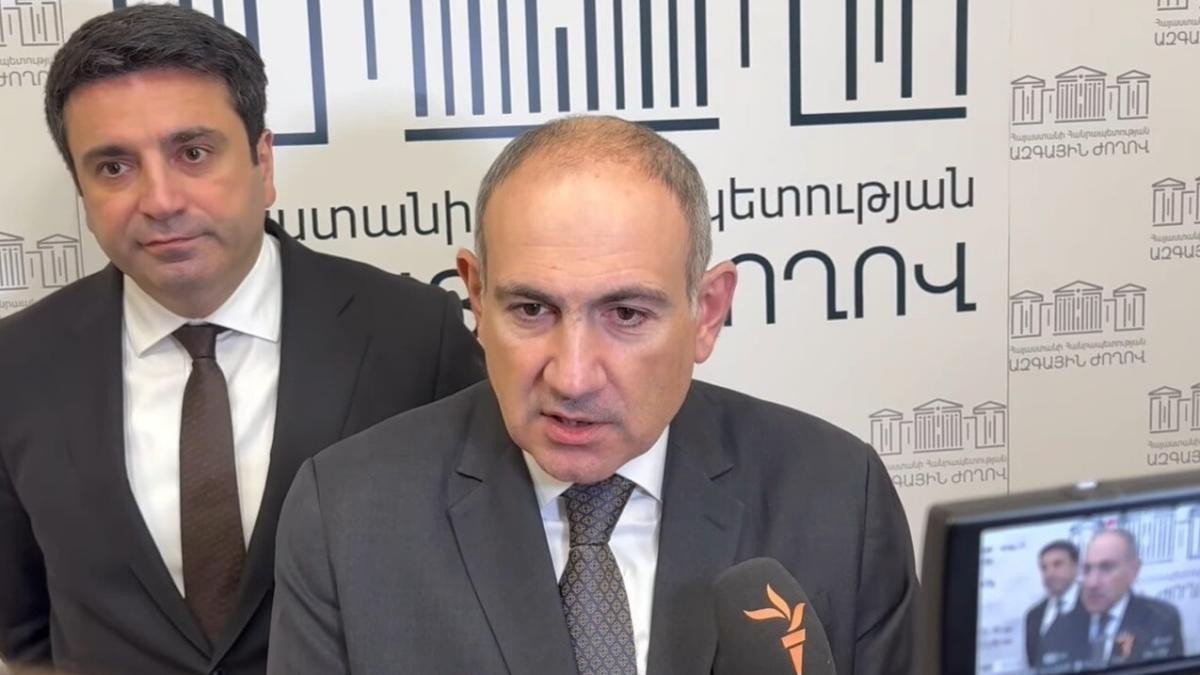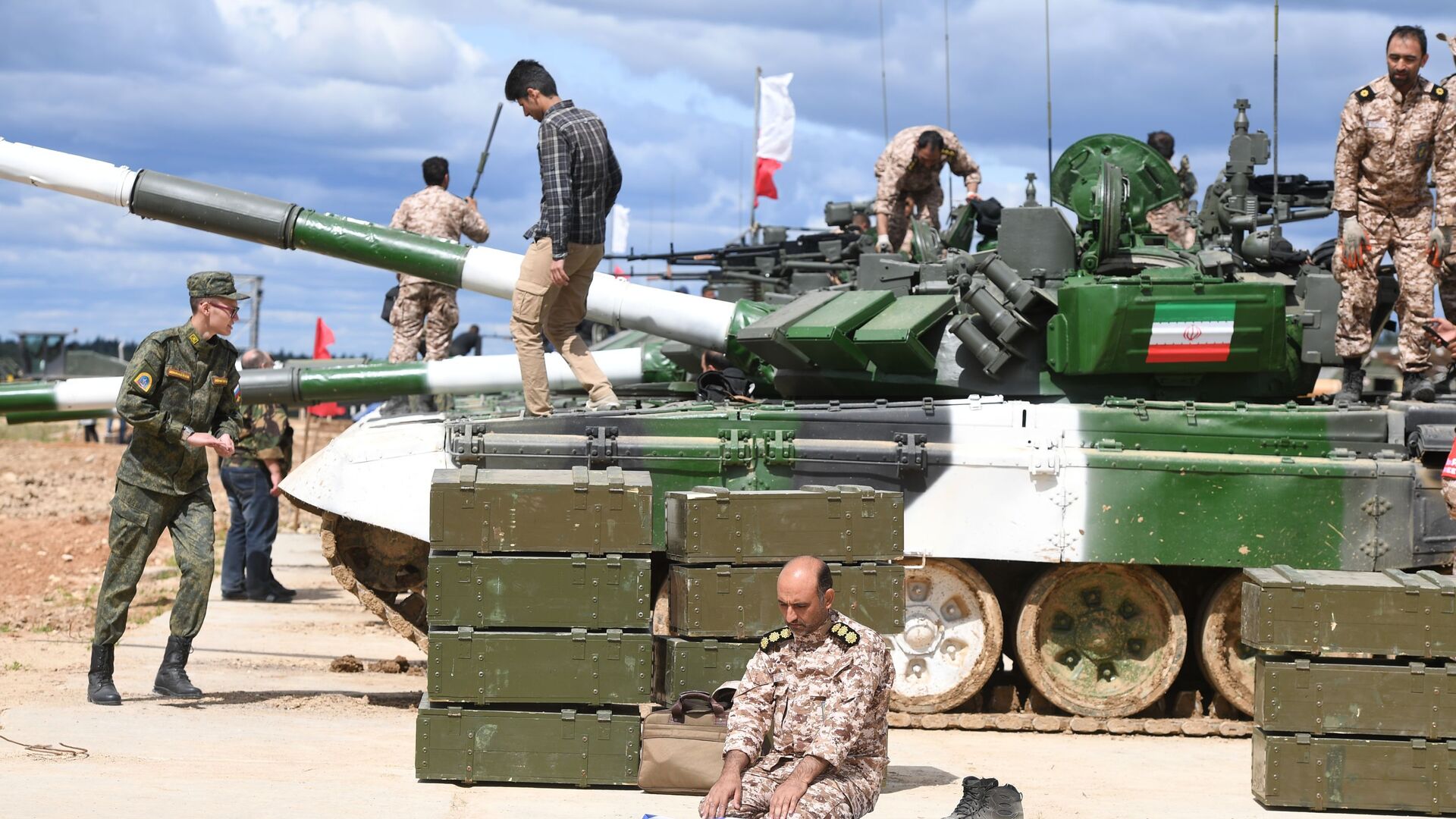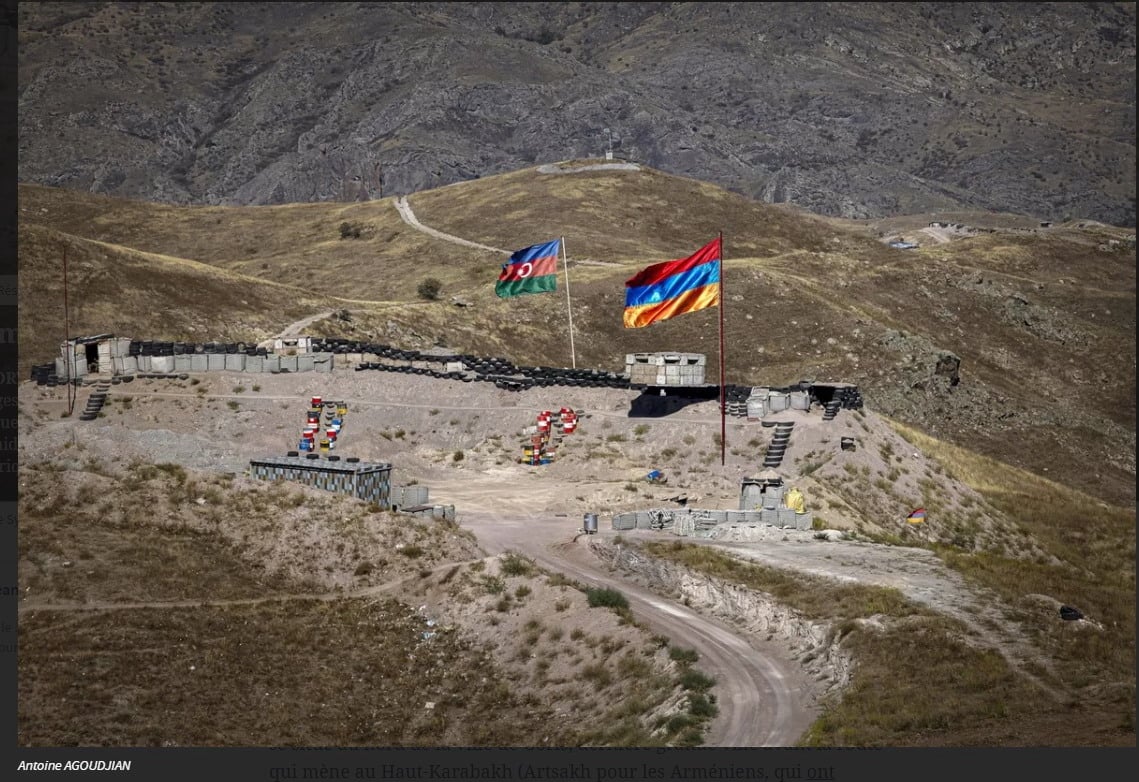"Erdogan’s statement points to a deal between Turkey and Russia" - opinion from Yerevan
Erdogan on Zangezur crossing
Turkish President Recep Tayyip Erdogan has once again raised the issue of unblocking communications in the South Caucasus. He once more spoke about the benefits of the so-called “Zangezur corridor” through Armenian territory, which would “connect the entire Turkic world.” However, this time he referred to the route to be unblocked not as a “corridor,” but as a “crossing.”
“We expect our neighbour Iran to support these steps, which will serve peace, stability and development in our region,” Erdogan stated.
In Baku, the term “Zangezur corridor” refers to a route linking Azerbaijan with its exclave Nakhchivan. For Turkey, this path represents a connection to Central Asian countries and the “unification of the entire Turkic world.”
Armenia has for several years expressed readiness to unblock regional routes, but refuses to grant a “corridor.”
The issue lies in the term itself, which implies a loss of sovereign control over the territory. Iran supports Armenia’s position, as it aligns with its own national interests — notably, Tehran does not want to lose its border with Armenia.
According to political analyst Lilit Dallakyan, Erdogan’s use of the term “crossing” instead of “corridor” is mere wordplay. She also believes that his direct address to Iran signals one thing: Ankara continues to operate within the same corridor-based logic. Moreover, Turkey and Russia share identical positions on this matter.
“This is a message to Tehran: we have reached a consensus in the region — you must agree with us. Iran has a way out of this situation, and that is normalizing relations with the US and the West,” Dallakyan told JAMnews.
The analyst is convinced that even if Iranian-American relations remain unresolved, both countries will continue to oppose the “corridor” based on their own interests. However, high risks for Armenia remain — particularly the threat of territory being seized by military force.
- Opinion: ‘If Baku cared about security, it could have negotiated practical guarantees with Yerevan’
- Opinion: ‘If Armenia abandons its red lines, it will only be state on paper’
- ‘Problems must be resolved without use of force’: Iranian foreign minister visits Yerevan
What else Turkish president said
According to Erdogan, the “Zangezur crossing” will strengthen the transport and energy infrastructure of the South Caucasus. The Turkish president invited Iran to take advantage of this “mutually beneficial” environment.
“Every step, every open door and corridor will bring economic benefits and, over time, bring countries closer together,” he said.
As reported by Turkish media, Erdogan stressed that the “Zangezur crossing” is not only a land connection between Azerbaijan and Nakhchivan but also a new route for integration with the Turkic world.
Expert commentary
According to political analyst Lilit Dallakyan, the renewed “corridor” rhetoric is driven by the current geopolitical climate:
“Russia and Turkey have seen that there’s no progress in US-Iran relations for now. At the same time, they’ve resumed cooperation in our region and in Ukraine. That’s why they’re sending a message to Iran: we’re the majority, and we have a solution.”
She notes that Turkey has assumed a mediating role in the Russia-Ukraine negotiations, and Erdogan has decided to use his good relations with Moscow to engage in “games and deals” — which is why the corridor rhetoric has resurfaced.
Dallakyan does not expect Tehran’s position to change. She stresses that Iran needs an unobstructed connection to Armenia. Moreover, Tehran would be reluctant to lose its influence over Nakhchivan.
“If Azerbaijan and Turkey gain direct, unrestricted access to the Turkic world, it would be a harmful development for Iran. Azerbaijan has a million-strong community precisely in that region of Iran [near the Armenian-Iranian border] and could use Turkey’s hand to destabilize the area,” she said.
The political analyst believes that as long as Erdogan remains in power, Turkey’s position on unblocking regional communications will continue to fluctuate — something that has already happened several times.
“When Western pressure intensifies and games with Russia become risky, Turkey tries to appear more constructive. But as soon as Erdogan’s hands are untied, he re-engages with Russia and changes his tone,” she explained.
She is convinced that if Iran-US relations remain unresolved, the consequences will be negative not only for Iran, but also for Armenia:
“Only with Western support can Iran and Armenia jointly resist the so-called ‘Zangezur corridor.’ Otherwise, Iran is too weak to counter Turkey and Russia alone.”
Lilit Dallakyan believes that on the issue of unblocking communications in the South Caucasus, Iran and Western partners share the same position: everything must occur with respect for the principle of territorial integrity.
She notes that India also supports this view. Therefore, she urges the Armenian authorities to strengthen cooperation with natural allies and take the following steps:
- Activate the framework of the Strategic Partnership Charter signed with the United States — even the presence of a small US border monitoring group could deter Turkey and Azerbaijan.
- Launch negotiations with Western countries on arms production — they possess advanced technologies and could assist. For example, Germany supports arms production in Ukraine.
- Diversify the economy — one of Russia’s main tools in hybrid warfare is economic strangulation. While Moscow is unlikely to attack Armenia directly, it can create serious economic disruption.
- Continue purchasing weapons from India.
- Complete the construction of the strategic North-South highway — this is vital for launching a transport route from India through Armenia to Iran, Georgia and on to Europe.





















